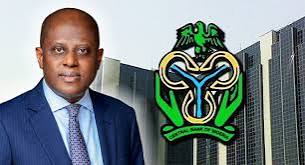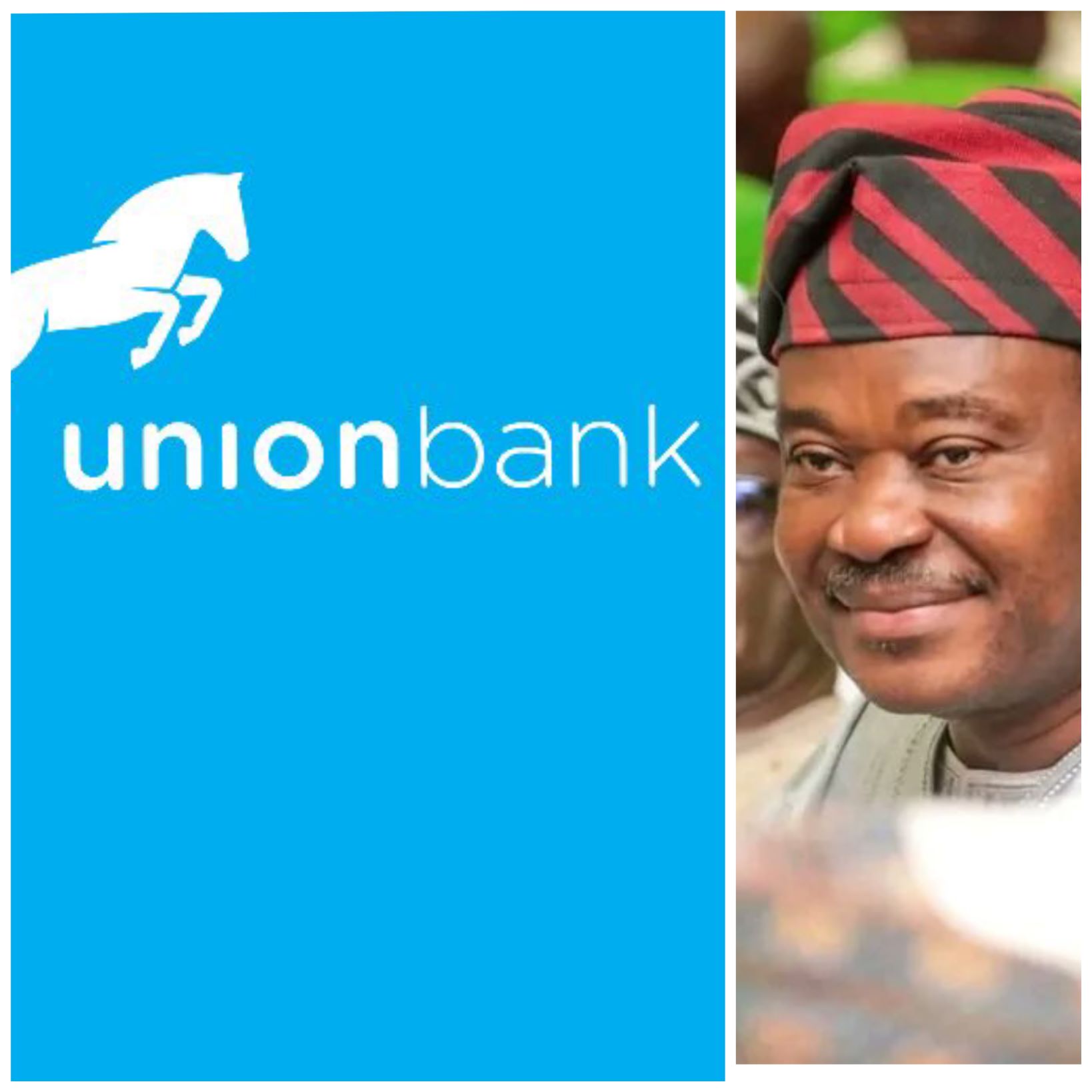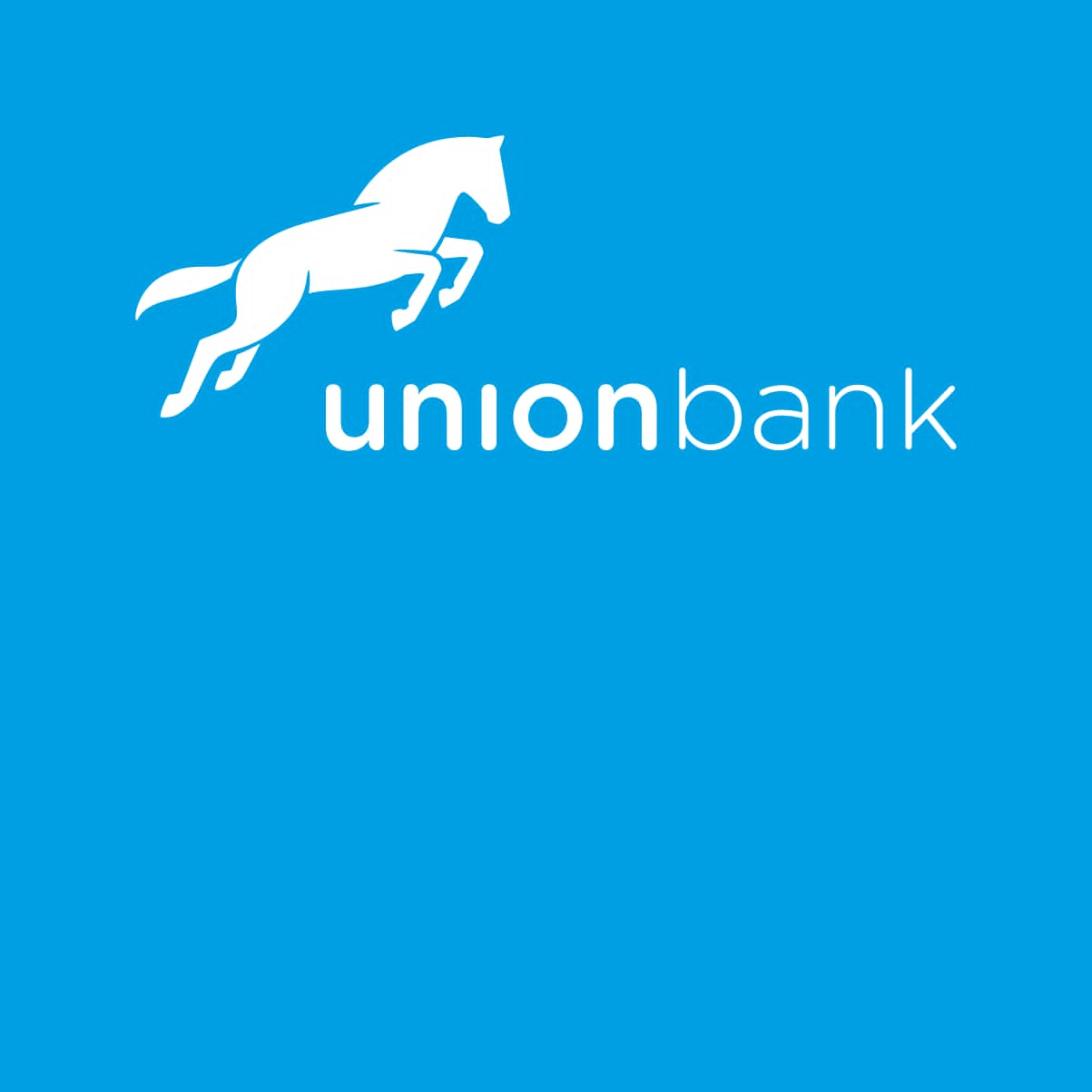Economics 101 To The Rescue: Unraveling The Mystery of The Appreciating FX Rate
BY FEMI ONAKANREN

Recently, the media space has been agog with different plausible explanations for the continued appreciation of the Naira (NGN) in the money market.
The development has led many to question if the NGN was truly floated or if the CBN has gone back to the bad habit of defending the NGN (currency subsidy).
There have been accounts that claimed that the Central Bank of Nigeria, CBN’s, market intervention sales to the Bureau de Change businesses (BDCs) was a clever reintroduction of currency subsidization
Some even alleged that the CBN deliberately allowed the FX rate to go up to the February heights of N1,900+/$ so they can play the hero when they resume subsidy to bring it down.
Recently, an article from a globally respected financial information platform curiously alleged that the country’s foreign reserve was being depleted at an alarming rate due to the use of the funds to defend the Naira.
What a lot of the murmurs revealed is the apparent danger of incomplete knowledge and/mischievous narratives posturing as expert opinions. Noise often conceals information by subjugation, distractions, or disorientation.
The reader is encouraged to patiently follow through on the demystification of all the truths and myths, using simple and relatable basic knowledge of market dynamics based on the fundamental laws of demand, supply, and price discovery.
*Let’s start at the very beginning*
One of the cardinal economic reforms, President Bola Ahmed Tinubu, in his inauguration speech on May 29, 2023, announced was the unification of the FX rate and the ‘floating’ of the currency.
*What does this mean?*
Prior to this point, Nigeria was running a pegged-value FX rate regime. This means the CBN fixes an exchange rate for the Naira, irrespective of the dictates of demand and supply, and supplements the difference/shortfall with cash injections. This is called currency subsidy.
The problem with this situation is very simple and obvious. In this system, there exists the opportunity to create artificial demand, which will lead to FX scarcity. Recall that the pegged rate is not dependent on demand and supply. It is more or less based on how the Monetary Policy administrators ‘feel’ about the pegged rate.
This is very contagious as the parallel market will also catch ‘feelings’ and start speculating on the appropriate FX rate. This will create an artificial demand for FX, thus diving the rate up.
Further, due to the difference in the pegged rate and the parallel market rate, opportunities for arbitrage and roundtripping open up. It literally means that one can make a lot of money by pushing artificial scarcity (demand) of FX.
This stems from the fact that the Central Bank will have to defend the pegged value by pumping more FX at the pegged rate (subsidized) into the market. Rates will go up. Easy money made in the difference.
The CBN attempted a couple of market interventions in the early days of this administration to match the alleged ‘high’ demand in the market, but alarmingly, it was mopped up by the hungry flames of speculation leading to further increaes in rates.
The CBN then implemented some much needed operations and banking policy reforms and reversed some previously constraining policies. The CBN reduced the number of BDCs and started paying off outstanding FX obligations.
The Central Bank asserted tighter controls over FX remittances by assuming the role of FX collections officer, as against the previous practice that allowed NNPCL to be the revenue collector for FX revenues as crude oil sales still remains the highest source of FX inflow.
The bank also created attractive NGN denominated investment instruments to mop up liquidity in the market as well as increase interest rates.
Subsequently, a clearer assessment of the market began to unfold. It emerged that the market was groaning under the strain of artificial demand.
*What did the CBN do?*
To start off, the CBN deployed a simple law of economics; if demand increases, price will increase. It offered to test the market by selling FX to BDCs at a rate lower than the prevailing parallel market price. This is called market making and is an extension of the obligations of the central bank to provide market stability.
At this point, there was still a wide disparity between the NAFEX rate and the black market rate. The CBN increased its NAFEX rate and, as mentioned earlier, offered to sell FX to BDCs at lower than parallel market rates.
The natural response from the basic laws of economics is that, if demand for FX truly outstripped the supply rate, the market would mop up the sale, and the insufficiency would drive rates higher. For reference, the reader should consult the rules of price elasticity of demand and supply.
However, the expected outcome given the above factors did not happen. A curious deviation from standard laws of economics.
On February 27, 2024, the CBN offered to sell $20,000 to each of its approved BDCs at N1,301/$. This was in response to distortions the apex Bank noticed in retail end of the market and parallel market pull.
Rates quickly dropped and have been dropping since at an unprecedented rate.
*Why?*
Prior to the float, parallel market rates were taken as true value rates for FX. Incidentally, the parallel market has a low volume contribution in terms of total FX demand in the country.
Simple rules of equilibrium dictate that the deeper, higher volume component in the market would have a bigger influence on price discovery and determination in an open market.
Thus, it is a misnomer for BDC rates (often based on speculation), which is the much lower demand volume component of the market, to be the one determining the exchange rate.
Again, according to the laws of economics, no one will buy a product at a high value point (appreciating NGN) if there is genuine demand to have it at a lower value point (depreciation).
The CBN continued selling at lower rates, testing the demand leverage in the market. It discovered that BDCs were buying at the lower rates and making decent margins.
*Where did the alleged demand that drove FX rates up previously go to? Nowhere.* That’s because it never existed. If it did, the market would have rejected the CBN’s selling price. Recall from above that it allegedly did with earlier interventions prior to the implementation of the aforementioned reforms.
*But isn’t this subsidy in another way? No.*
The currency subsidy regime did not allow for price discovery, nor is it dependent on the principles of real demand and supply for price determination. Thus, the CBN has to pay a subsidy to bridge the gap between the pegged rate and the parallel market rate.
Interventions, on the other hand, facilitate price discovery and respond to real demand and supply dynamics in the market. They are used to find and control market determined equilibrium. The CBN is not spending any additional funds to bridge the gap between a pegged rate and the parallel market rate.
*Couldn’t the CBN have been doing similar interventions prior to the market going bonkers? It was.* However, the way the market was previously structured, there was no price discovery mechanics in place, hence the leaning towards speculation. Thus, supply was always chasing (imaginary) demand and putting great pressure on the Naira.
*How long can this appreciation be sustained?* The market will push back when there is a demand/supply saturation. At this point, the NGN would have found the closed spectrum of its true value.
Until this is reached, the NGN will continue to appreciate in value against the USD and other FX. A big boon for the CBN in all this is the increase in crude oil production, which meant a more stable external reserve and supply adequacy to respond to the true market demands.
To further strengthen and consolidate the appreciation, the right fiscal policy direction has to be set. It is important to note that currency appreciation does not equal economic growth.
As it is, the economy is struggling under the strain of high inflation. There have been calls for an increase in minimum wage, but this writer believes that such a move will only exacerbate inflation at this point in time.
*What is required?* Strong economy directing strategies that will encourage increased local production, local alternatives use, reduced import dependency on products that we have local alternatives for, mass patronage of locally produced products, intense food security initiatives across all regions and states of the country with designations for optimal production of food and cash crops, increased industrial growth and capacity to produce value added products for local consumption sufficiency and possible export afterwards, improved internal security structures and operations, resolution of the perennial stable power supply conundrum, etc.
Additional tactics to consider are concerted efforts to reduce wide band price increases coming from poor harnessing of small currency units, increased national reorientation activities to promote national pride and identity in Nigeria and made in Nigeria goods, clear and timely communication of developments on projects and policy initiatives, promotion of social accountability and the integrity of law enforcement in the war against corruption, national education curriculum reform to promote a more solution development focused academic culture, leveraging os social tech to manage national narratives and promote public inclusivity, etc.
The holistic implementation of the above, as well as others, in the right model mix will ensure that the appreciation of the NGN goes beyond figures but is actually solidly powered by economic value.
This will help to stabilize and sustain the settled true value of the NGN. In the course of time, the economy will be further dimensioned with regards to key sector focus to build areas of comparative economic advantage and strength.
The reasons the NGN appreciated have been revealed, albeit at a very high level, for ease of public comprehension. Some next steps to help facilitate FX rate sustainability and battle inflation to submission have also been shared.
From all indications, the CBN has handled and is handling the thorny previous realities of our FX rate. The needling issues that kept piercing holes in monetary policy reforms and operations have also been nipped.
The article employed deliberate simplification of principles of economics and references to ensure that the reader can graps the substance behind the current developments. Long may Nigeria continue to win!
Femi Onakanren is a Business Consultant and a Socioeconomic Policy Analyst. He writes from Lagos













